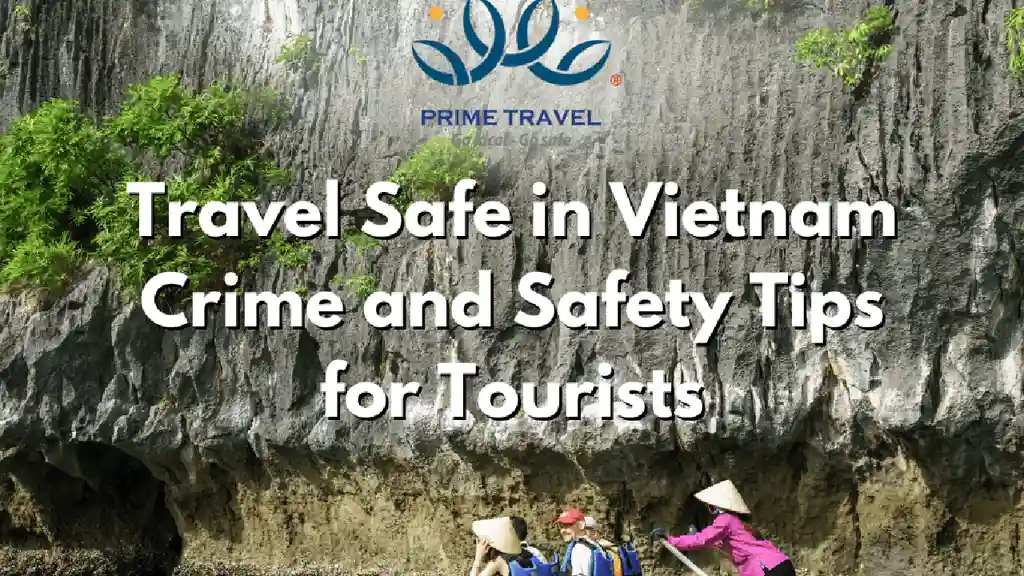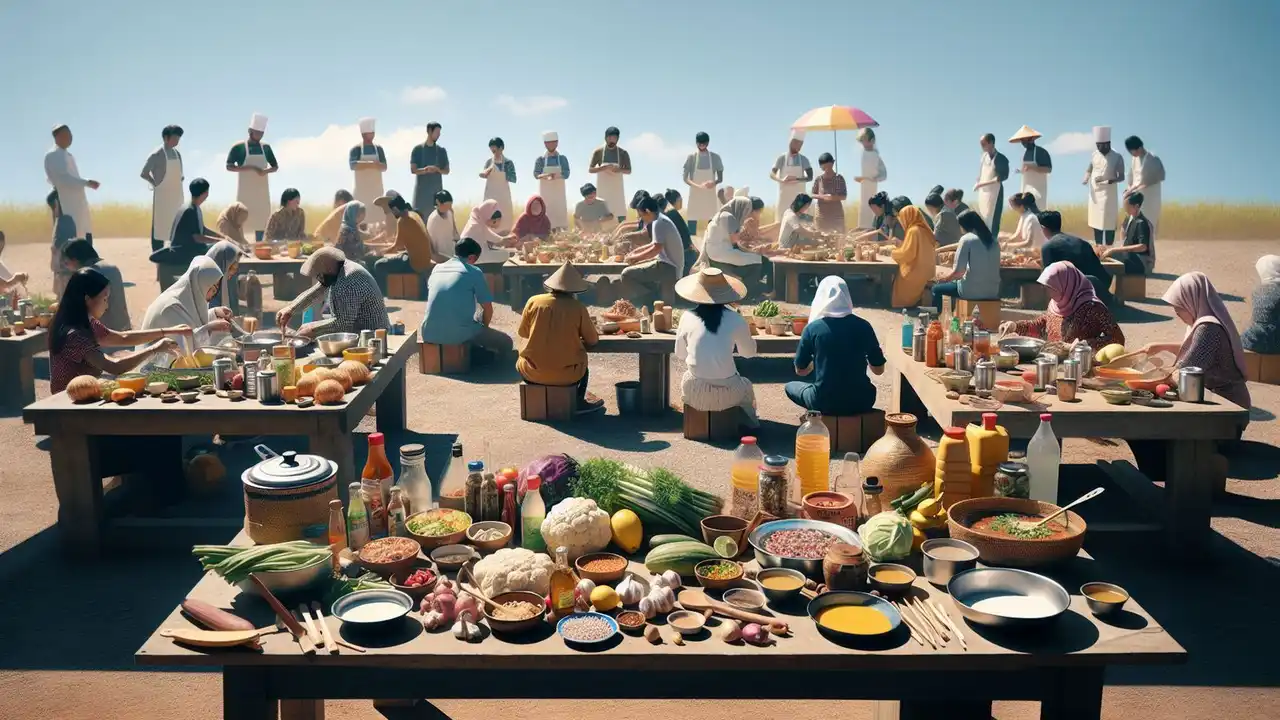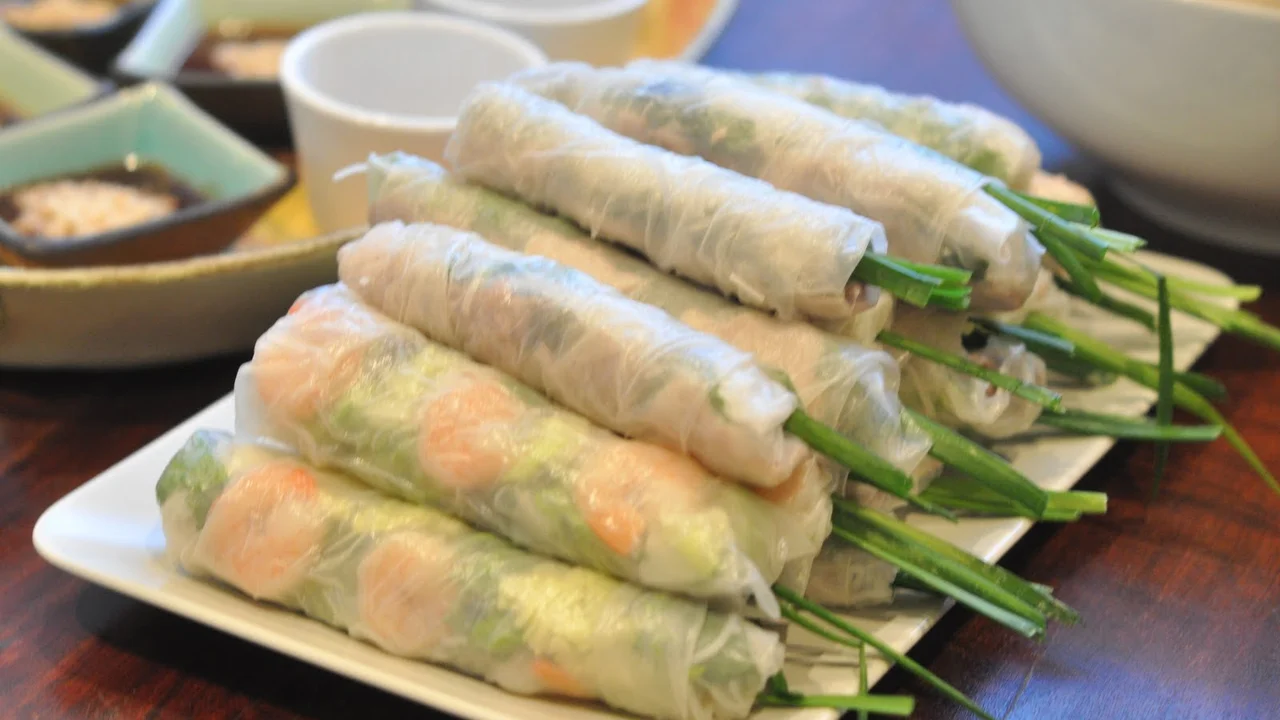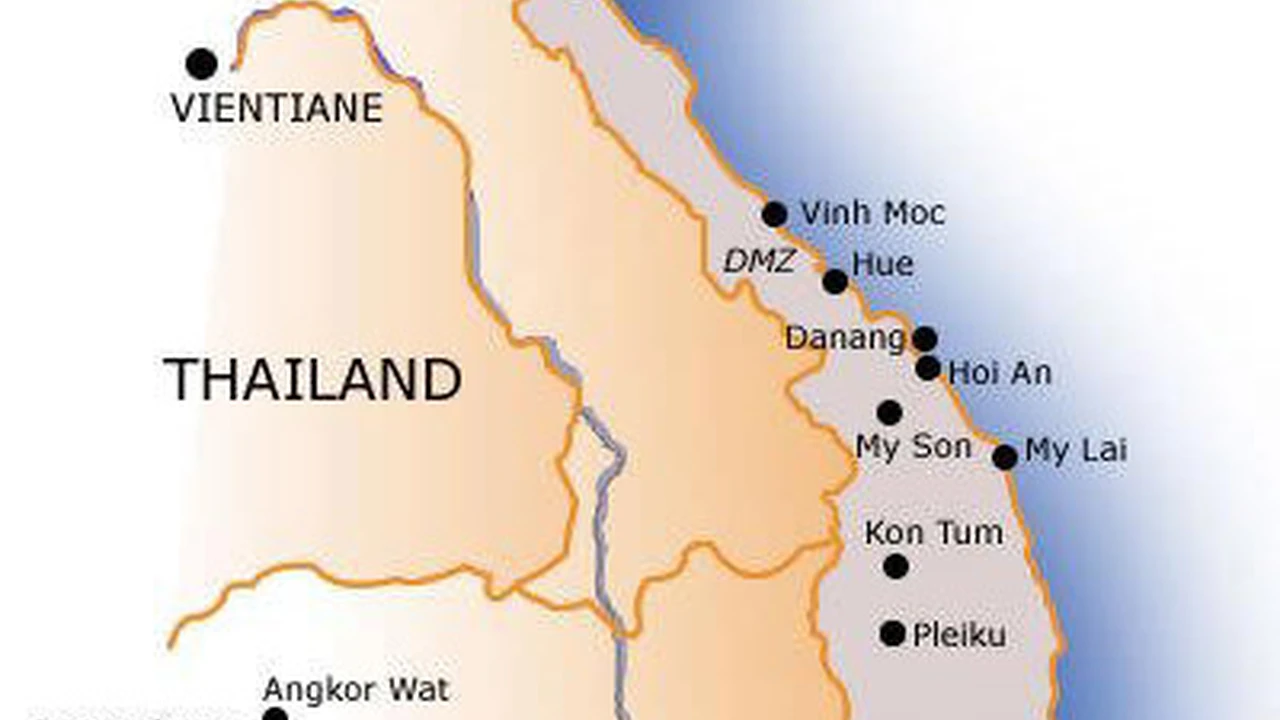Is Vietnam Safe for Tourists? Safety Tips and Advice

Vietnam Travel Safety Overview Understanding the Risks
So, you're thinking about Vietnam? Awesome choice! It's a country packed with stunning landscapes, delicious food, and super friendly people. But, like anywhere in the world, it's good to know what you're getting into safety-wise. Vietnam is generally a very safe country for tourists. Violent crime is rare, especially against foreigners. However, petty theft, scams, and traffic accidents can be a concern. Let's break down the main things you need to watch out for:
- Petty Theft: This is probably the biggest issue you'll face. Keep a close eye on your belongings, especially in crowded areas like markets, tourist hotspots, and public transportation. Pickpockets and bag snatchers are the most common culprits.
- Scams: Be aware of common scams, like inflated taxi fares, fake goods, and overly friendly locals trying to lure you into tourist traps. Always negotiate prices beforehand and trust your gut.
- Traffic: Vietnamese traffic can be chaotic, especially in big cities like Hanoi and Ho Chi Minh City. Motorbikes are everywhere! Be extra careful when crossing the street and consider wearing a helmet if you're renting a motorbike.
- Food Safety: While Vietnamese food is amazing, food poisoning can happen. Stick to reputable restaurants and street vendors, and make sure your food is cooked properly. Drink bottled water.
- Natural Disasters: Vietnam is prone to typhoons and flooding, especially during the rainy season (May to October). Check the weather forecast before you travel and be prepared for potential disruptions.
Essential Vietnam Safety Tips Protecting Yourself from Petty Theft
Okay, now for the good stuff – how to actually stay safe! Here are some practical tips to keep in mind:
- Be Aware of Your Surroundings: This is the golden rule! Pay attention to what's going on around you, especially in crowded areas. Don't flash expensive jewelry or electronics.
- Secure Your Belongings: Use a crossbody bag or a money belt to keep your valuables close to your body. Avoid carrying large amounts of cash. Keep your phone and wallet in a zipped pocket.
- Learn a Few Basic Vietnamese Phrases: Knowing a few basic phrases like "hello," "thank you," and "how much?" can go a long way. It shows respect and can help you negotiate prices.
- Copy of Important Documents: Keep a digital copy of your passport, visa, and other important documents in a secure location (like your email or cloud storage). This will make it easier to replace them if they get lost or stolen.
- Trust Your Gut: If something feels off, it probably is. Don't be afraid to walk away from a situation that makes you uncomfortable.
- Travel Insurance: This is a must-have! Make sure your travel insurance covers medical expenses, theft, and trip cancellations. Read the fine print carefully to understand what's covered.
Navigating Vietnamese Traffic Safely A Guide for Tourists
Seriously, the traffic in Vietnam can be intense. Here's how to survive it:
- Crossing the Street: The "walk slowly and confidently" approach is often the best. Make eye contact with drivers and don't hesitate or suddenly change direction. They'll usually go around you.
- Renting a Motorbike: Only rent a motorbike if you have experience riding one. Wear a helmet (it's the law!), and be aware of the local traffic rules. Many accidents involve tourists who are inexperienced riders.
- Taxis and Ride-Hailing Apps: Use reputable taxi companies like Mai Linh or Vinasun. Alternatively, use ride-hailing apps like Grab, which are safe and convenient. Agree on the fare before you start your journey, or make sure the meter is running.
- Be Patient: Traffic jams are common, especially during rush hour. Just relax and go with the flow.
Avoiding Common Scams in Vietnam Tips and Tricks
Nobody likes getting scammed. Here's how to avoid some common tourist traps:
- The "Friendly" Local: Be wary of overly friendly locals who approach you on the street and offer to take you to "the best" restaurant or shop. They're often working with the establishment and will receive a commission on anything you buy.
- The Shoe Shine Scam: Someone might offer to shine your shoes, even if they don't look dirty. Agree on the price beforehand, and be prepared to pay a higher price than you expected.
- The Cyclo Scam: Cyclos (pedicabs) can be a fun way to see the city, but make sure to negotiate the price beforehand. Some cyclo drivers will try to overcharge tourists.
- The "Broken" Meter: Always check that the taxi meter is running correctly. If it's not, ask the driver to turn it on or get out of the taxi.
- The Fake Goods Scam: Be careful when buying souvenirs or electronics. Many items are fake or of poor quality. If a deal seems too good to be true, it probably is.
Food Safety in Vietnam Eating Deliciously Without Getting Sick
Let's talk about the delicious Vietnamese food – and how to enjoy it safely:
- Choose Reputable Establishments: Stick to restaurants and street vendors that look clean and busy. This is a good sign that the food is fresh and prepared properly.
- Make Sure Your Food is Cooked Properly: Avoid eating raw or undercooked meat, seafood, or eggs.
- Drink Bottled Water: Tap water in Vietnam is not safe to drink. Always drink bottled water or boiled water.
- Wash Your Hands: Wash your hands frequently with soap and water, especially before eating.
- Be Careful with Ice: Ice can be made with tap water, so be cautious about adding it to your drinks.
Essential Travel Gear for Vietnam Staying Safe and Comfortable
Okay, let's talk gear! Here are some must-have items for your trip:
- Travel Backpack: A good quality travel backpack is essential for carrying your belongings. I recommend the Osprey Farpoint 40 (around $160). It's durable, comfortable, and has plenty of space for your essentials. It's great for carry-on, so you can avoid checked baggage fees. The Tortuga Setout (around $299) is another fantastic option, especially if you need more organizational features. It's a bit pricier but worth it for the extra comfort and compartments. Comparing the two, the Osprey is lighter and more budget-friendly, while the Tortuga offers better organization and a more professional look.
- Money Belt: A money belt is a discreet way to keep your cash and important documents safe. The Peak Gear Travel Money Belt (around $20) is a popular choice. It's made of RFID-blocking material to protect your credit cards from electronic theft. A simpler, and cheaper option is the Zero Grid Money Belt (around $15). Both are good, but the Peak Gear offers slightly better RFID protection.
- Water Filter Bottle: A water filter bottle can save you money and reduce plastic waste. The LifeStraw Go Water Filter Bottle (around $40) is a reliable option. It removes bacteria and parasites from water, making it safe to drink. The Grayl Geopress Water Filter (around $90) is another great choice, especially if you're planning on hiking or camping. It filters water even faster and removes viruses as well. While the Grayl is more expensive, it provides a higher level of filtration.
- First-Aid Kit: A basic first-aid kit is essential for treating minor injuries and illnesses. You can buy a pre-made kit or assemble your own. Include items like bandages, antiseptic wipes, pain relievers, and diarrhea medication. The Adventure Medical Kits Ultralight/Watertight .7 Medical Kit (around $25) is a compact and comprehensive option. For a more basic and budget-friendly option, consider the Johnson & Johnson All-Purpose First Aid Kit (around $10).
- Portable Charger: You'll want to keep your phone charged so you can use it for navigation, communication, and taking photos. The Anker PowerCore 10000 (around $25) is a compact and reliable portable charger. For longer trips, the Anker PowerCore 20100 (around $40) offers more capacity. The PowerCore 10000 is great for everyday use, while the PowerCore 20100 is better for extended travel or when you need to charge multiple devices.
Staying Connected in Vietnam Mobile Data and Communication Tips
Staying connected is important, whether it's for navigating or staying in touch with family. Here's how to do it:
- Buy a Local SIM Card: This is the easiest and most affordable way to get mobile data in Vietnam. You can buy a SIM card at the airport or at a local convenience store. Viettel, Mobifone, and Vinaphone are the major providers. A SIM card with 5GB of data typically costs around $5-10.
- Use a Portable Wi-Fi Hotspot: If you need to connect multiple devices, a portable Wi-Fi hotspot might be a good option. You can rent one from a local provider. Prices vary depending on the data allowance.
- Use Free Wi-Fi: Many cafes, restaurants, and hotels offer free Wi-Fi. However, be aware that public Wi-Fi networks are often unsecured, so avoid transmitting sensitive information. Consider using a VPN (Virtual Private Network) to encrypt your data.
Emergency Contacts and Resources in Vietnam Knowing Who to Call
Hopefully, you won't need these, but it's always good to be prepared:
- Police: 113
- Fire: 114
- Ambulance: 115
- U.S. Embassy in Hanoi: +84 (24) 3850-5000
- U.S. Consulate General in Ho Chi Minh City: +84 (28) 3520-4200
Final Thoughts on Vietnam Travel Safety A Safe and Unforgettable Experience
Vietnam is an amazing country with so much to offer. By taking a few simple precautions, you can have a safe and unforgettable trip. Just be aware of your surroundings, secure your belongings, and trust your gut. Happy travels!
:max_bytes(150000):strip_icc()/277019-baked-pork-chops-with-cream-of-mushroom-soup-DDMFS-beauty-4x3-BG-7505-5762b731cf30447d9cbbbbbf387beafa.jpg)






